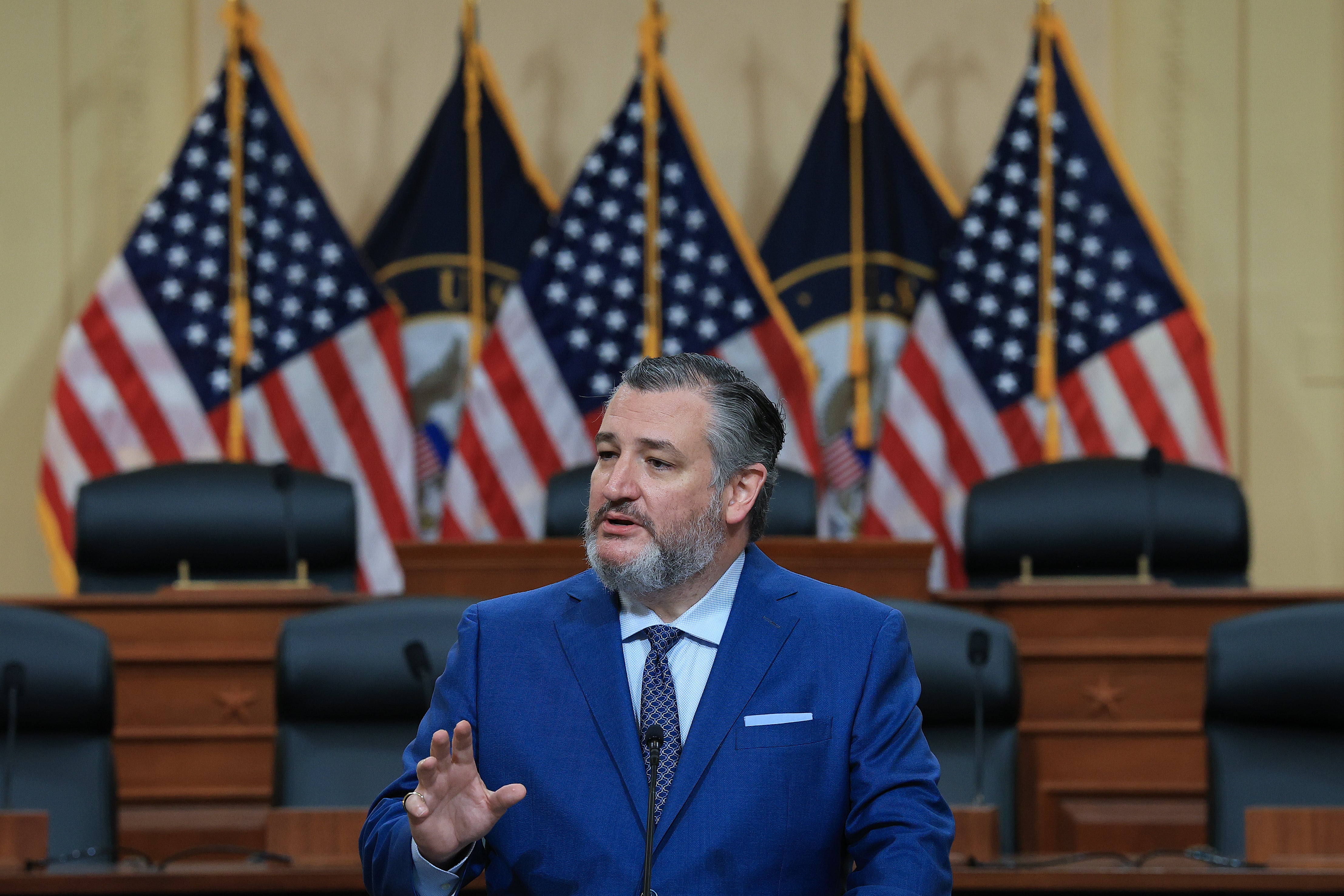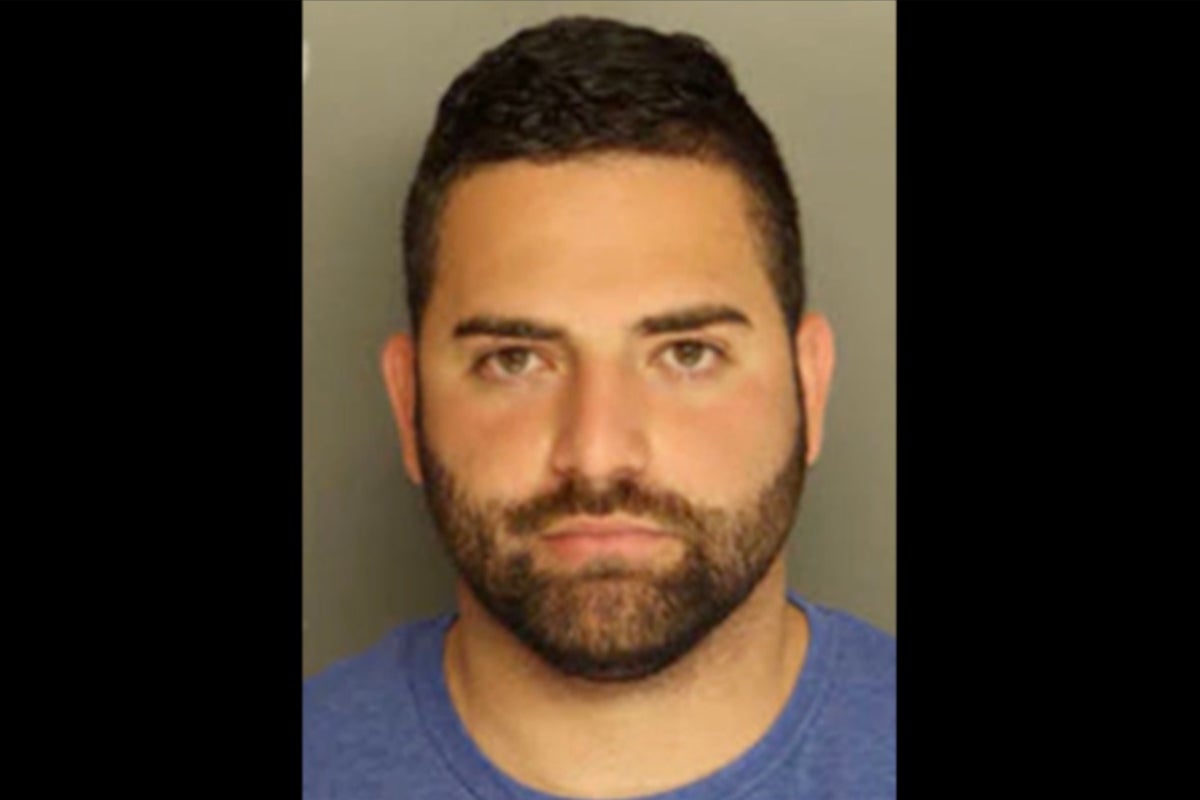ARTICLE AD BOX
The Republican-led Senate has passed the “No Tax on Tips Act”, a pledge President Donald Trump campaigned on during the election.
Former Vice President Kamala Harris also adopted the idea during the presidential campaign, as the concept proved popular across both political parties.
In a surprise move, the Senate swiftly passed the bipartisan bill Tuesday and it will now go to the House of Representatives for a vote. If it passes and is signed into law, the legislation will create a tax deduction of up to $25,000 for cash tips for eligible employees.
The bill was introduced by Texas Sen. Ted Cruz, a Trump ally, in January and brought up Tuesday by Democrat Sen. Jacky Rosen of Nevada for “unanimous consent.”

“This legislation will have a lasting impact on millions of Americans by protecting the hard-earned dollars of blue-collar workers, the very people who are living paycheck-to-paycheck,” Cruz said.
Senate minority leader Chuck Schumer credited Rosen, who co-sponsored the bill, for moving the legislation forward and also took a swipe at Trump.
“Working Americans— from servers, to bartenders, delivery drivers, and everything in between— work hard for every dollar they earn and are the ones who deserve tax relief, not the ultra-rich,” Schumer said in a statement. “While President Trump and Republicans push tax breaks for billionaires and stick the middle class with the bill, Senate Democrats are standing strong to protect America’s working families.”
Who is eligible for no tax on tips?
The bill would amend the IRS code, which would allow Americans working in the food, drink and beauty industry to claim a 100 percent tax deduction on tips given in cash, credit, debit cards and checks.
“There shall be taken into account only tips received from customers or clients in connection with the following services,” the bill states. “The providing, delivering, or serving of food or beverages for consumption, if the tipping of employees delivering or serving food or beverages by customers is customary.”

It also sets out that those “providing of beauty services to a customer or client if the tipping of employees providing such services is customary” are eligible.
Beauty service is defined in the bill as “Barbering and hair care; Nail care; Esthetics; Body and spa treatments.”
After 90 days, if the bill is signed into law, the Treasury Secretary will “publish a list of occupations which traditionally and customarily received tips on or before December 31, 2023,” the bill says.
Anyone earning above $160,000 does not qualify for the tax exemption, however.
An estimated 4 million workers in the U.S. were employed in tipped occupations in 2023, according to policy research center The Budget Lab at Yale. But more than a third of the tipped workers had incomes low enough that they faced no federal income tax in 2022, even before accounting for tax credits, the lab said.
“This suggests that the direct effect of the bill on the workforce as it stands today—before accounting for behavioral changes—would be small,” the center concluded.









 English (US) ·
English (US) ·